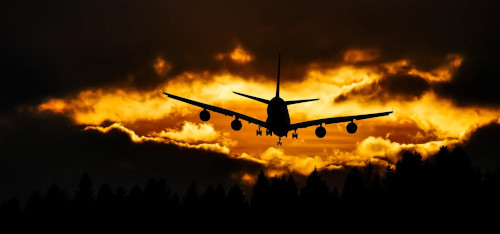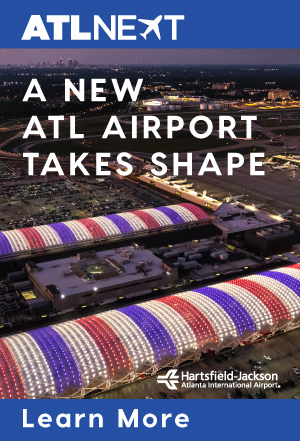Corporates turning to charter flights in the wake of Covid-19

As corporations tentatively return to global travel following the Covid-19 pandemic, the air charter industry is experiencing a boom as businesses seek greater control over passenger safety.
The pandemic has created huge challenges for companies which rely heavily on global networks and manage complicated crew rotations, not least the lack of scheduled airline options. But safety is firmly top of the priorities.
Whether it is the oil and gas sector, maritime or energy, businesses are craving a tighter grip on travel arrangements, in order to ensure staff are being kept safe and well on the journey – and arrive ready and able to start work.
Catriona Taylor, Group Passenger Operations Director at Chapman Freeborn, a global aircraft charter specialist, believes it could result in a long-term change in attitude.
She said: “We are seeing a rise in group passenger travel because, for these large companies, the safety of passengers is paramount and there’s a real value in being able to personalise safety arrangements.
“It’s possible, for instance, to ask for social distancing in the cabin by choosing a larger aircraft allowing more room to allow social distancing or by restricting the use of certain seats – and many companies want only their own employees on board even if that means empty seats.
“Of course, scheduled airlines are focused on safety too and there are a lot of regulations already in place in the industry, with all aircraft sanitised before embarkment. But having greater control - and being able to stipulate additional measures – is important for corporations in the current climate.”
Other personalised safety measures available when flying charter include a private terminal away from the main passenger terminal; in some instances, a private bus directly to the aircraft; medical screening of passengers before boarding; crew testing for extra peace of mind; provision of a Covid-19 kit including personal mask, gloves, and anti-bacterial wipes; and extra personal protective equipment, such as visors, for the crew.
The testing of crew is an aspect of charter travel which many businesses now find reassuring.
Ms Catriona added: “This is an issue which would probably not have come up before the pandemic, but clients in some sectors appreciate the ability to ask for crew to be tested in order to increase the confidence and safety of those on board.
“We have also experienced one destination where the aircraft simply would not have been able to land without showing proof the crew had been tested and had returned negative results.”
The temptation for businesses to save costs by sharing charter flights with other groups is also waning in an era when the risk of infection is higher when people mix in close proximity.
“There’s a sense that the risk of sharing is too high,” said Ms Catriona. “These companies test people or have them in isolation for 14 days before the flight, so they know nobody on board has Covid-19. This is important for health reasons, of course, and because they don’t want anyone to be unexpectedly quarantined when they arrive. Crew rotations are complicated and depend on people arriving and departing on time.”
There is another hidden benefit to charter travel, too: the potential that it is more time and cost efficient.
“Charters can travel to a wider variety of airports, often getting far closer to their eventual destination than if they had to fly on a carrier’s route network,” Ms Catriona said.
“A lot of companies have found that if you are flying 100 people on a scheduled airline, putting them up in a hotel and then transporting them all somewhere else next day, it would have been more efficient and cost effective to charter.
“That’s an important factor and not to be under-estimated. But the biggest driver in a rise in charter flight numbers is the ability for companies to personalise safety arrangements and reassure employees they have done everything possible to keep them safe.”


